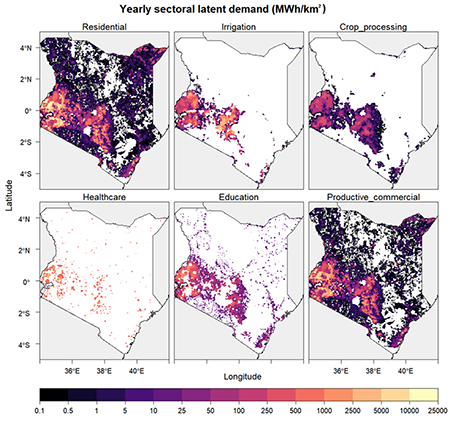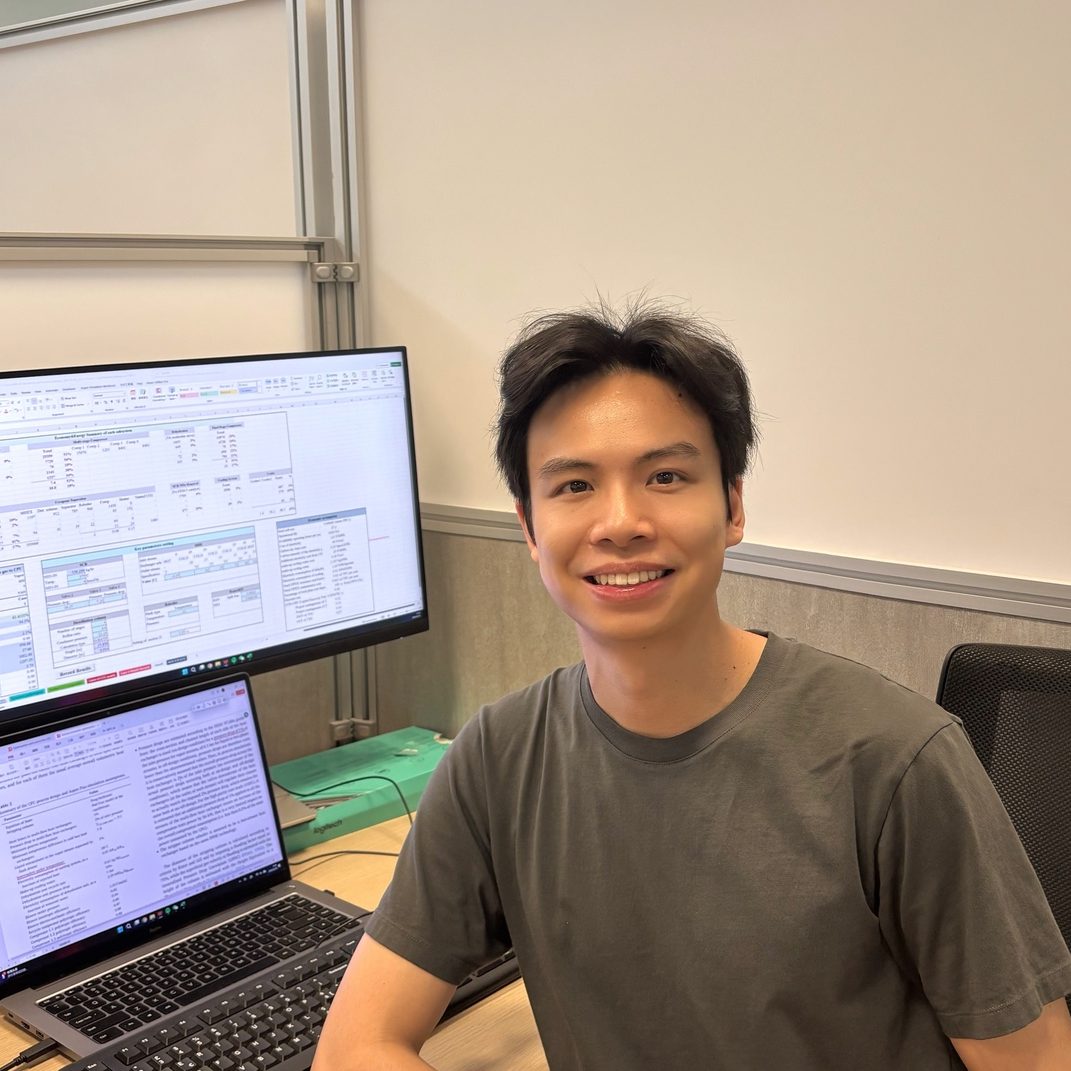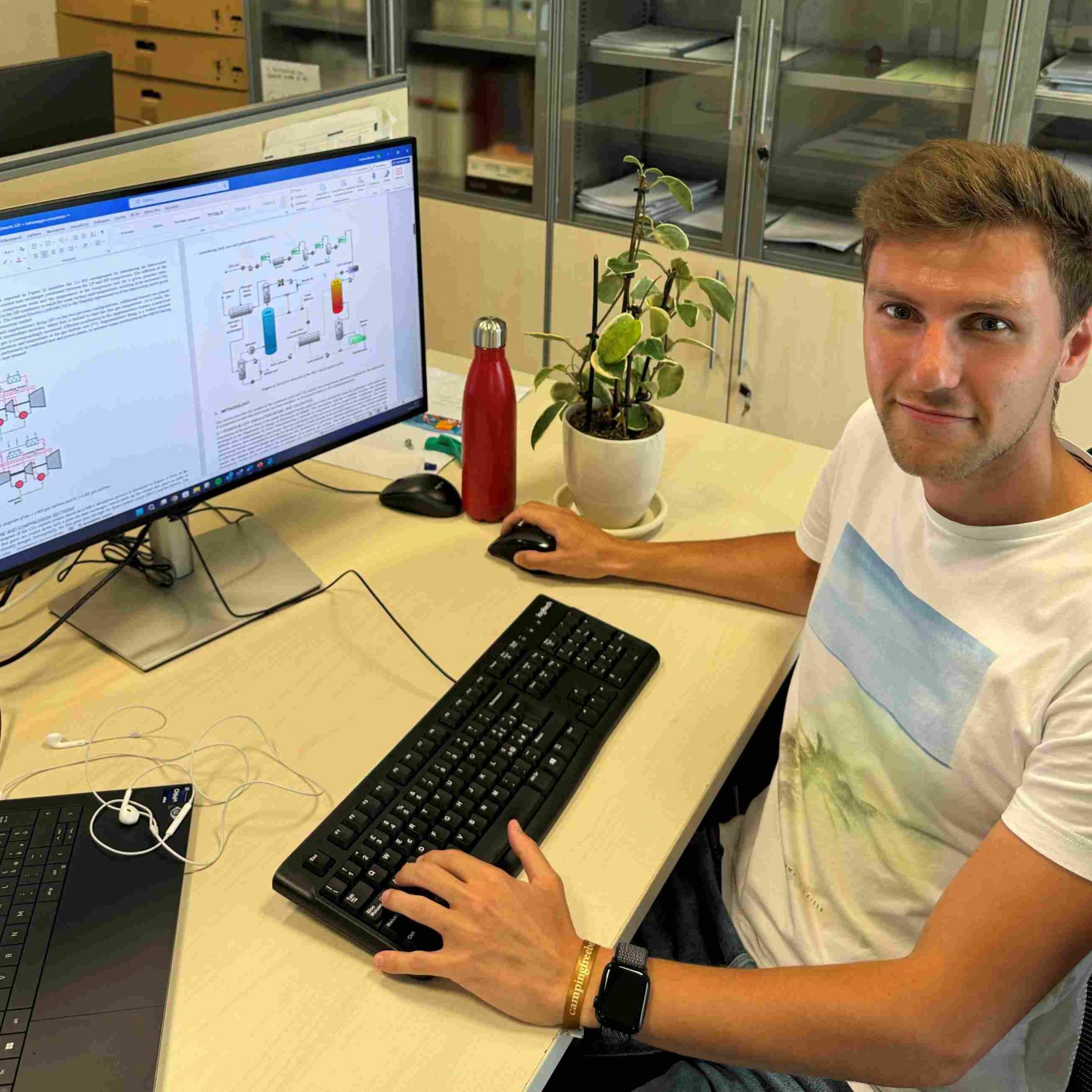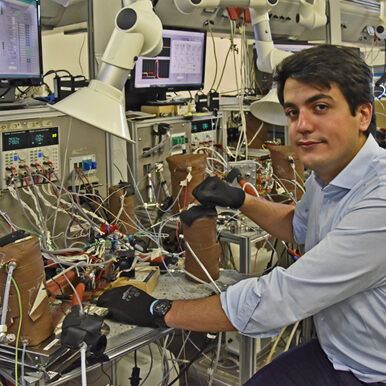Thesis abstract
In order to meet the first target of SDG7, and guarantee access to sustainable and affordable electric energy to more than 700 million people and to modern cooking services to roughly 2.5 billion people worldwide, is crucial to design appropriate and effective technical solutions tailored to the specific but diversified contexts. To this purpose, effective and efficient energy planning and strategies are, more than ever, pivotal. The use of Energy Modelling over the last decades has proved to be a key support tool in defining such strategies and solutions design. The existing literature on the subject of energy modelling for supporting access to energy has so far mainly focused on the characterisation of the supply side of energy systems, improving technological detail and geospatial resolution. The demand that such systems are meant to satisfy is generally provided as an exogenous parameter, but its role is crucial since it constitutes one side of the most important governing equation of the model: the energy balance. Despite this relevance, the demand side has not received much attention from the scientific community until the binary conception of access to energy was superseded by international organisations promoting a multi-tier framework for energy access, for the first time ever associating energy to the real need of the people at household level, community services and productive uses. In line with this rising awareness, key to this dissertation is the concept of access to energy as an instrumental right which is essential to assure people needs at household level, community service and productive uses that will determine development opportunities for local populations. On these premises the Demand-Needs Nexus is conceptualized in this work with a focus on electricity, showing the relevance of accurate demand modelling for energy solution sizing and optimisation. Alongside, a set of novel methodologies and tools are developed to allow the integration of the Nexus into energy modelling. A set of case studies is used to analyse the effects of the load demand definition tailored on the needs of a specific community or area, in terms of more efficient resource allocation, techno-economic benefits in the optimization and more effective prioritization of strategies compared to the base cases. While developing tools and methodologies the data quality and availability problem emerged as a limiting factor and therefore, the second part of the work deals with the scarcity of data availability for demand characterization in the context of rural areas of developing countries, where traditional methodologies for demand forecasting may not be applied, given the fact that electricity has never been experiences before. Two methodologies are hence proposed to deal with the issue. First, a top-down approach based on three macro parameters is presented, the methodology makes use of archetypical load demands, better linking the energy use to the categories of users, including household uses and community service like education and health services. The archetypes are adaptable to the Sub-Saharan region thanks to geographical and economical parameter variations, and the replicability of the methodology is assessed. The second approach is meant to generate input data for bottom-up load estimation methods and contribute to close the data availability gap. A database is constructed to correlate socio-economic and geographical drivers with appliance adoption and use trends in recently electrified communities. The database, which contains more than 16 thousand entries, can be used for investigating similarities across different contexts and for load demand estimation. Finally, the database is used to train a machine learning algorithm to estimate future appliance presence in perspective users of off-grid communities, with results reporting an accuracy of the model in predicting appliance presence in new users of more than 70%.

























